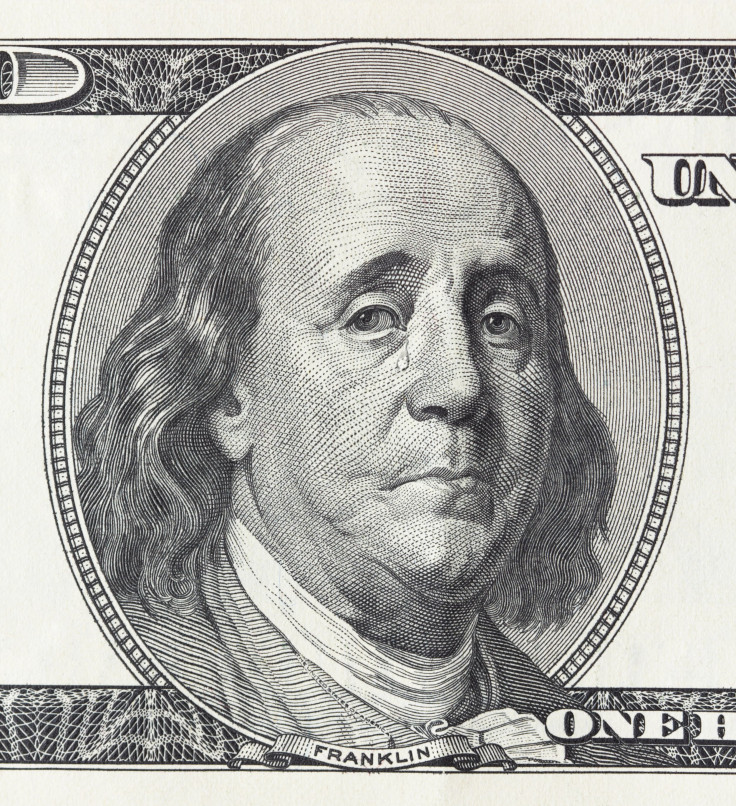Money Can't Buy Happiness, But It Can Pay Off Sadness; Why The Dollar Struggles To Elicit Smiles

Money is the number one cause of divorce, number one cause of stress for every day Americans, and it's affectionately labeled as the root cause of evil. Psychology researchers from the University of British Columbia collaborated with researchers from Michigan State University to comb through the complicated relationship between money and emotions. They published their findings in the journal Social Psychological & Personality Science, which revealed money’s inability to buy happiness.
“Money may be a more effective tool for reducing sadness than enhancing happiness,” the researchers wrote in the study's abstract. "Although extensive previous research has explored the relationship between income and happiness, no large-scale research has ever examined the relationship between income and sadness.”
The research team examined data on 12,291 people who took a Census survey in 2010 that recorded their levels of happiness and income. Once they marked down each person’s happiness, they compared it to how much they made. “We show that higher income is associated with experiencing less daily sadness, but has no bearing on daily happiness,” the authors wrote. “Happiness and sadness are distinct emotional states, rather than diametric opposites.”
It’s not as complicated as it sounds. Wealth shapes how people handle negative situations in their lives, and those with more money have a wider variety of options to choose from to deal with their problems. For example, if a wealthy person's car breaks down on their way to work, it's just a simple inconvenience rather than an annoyance exacerbated by financial burden. Money alleviated sadness from that particular person, however, it wasn't able to make them happier.
A person cannot be as comforted by a wad of cash as they are reassured by it when they need it to help them out of tragedy. “I hope we can improve our understanding about what makes people happier and educate people to make better choices in their lives,” said lead author Kostadin Kushlev, a psychologist at the University of British Columbia, according to The Province. He attributes his own happiness to hobbies instead of money, which include swimming, hiking, dancing, and singing. Money doesn’t shackle people from happiness’ freedoms. Instead, people limit their own ability to experience happiness if they let money take over.
Source: Kushlev K, Lucas RE, and Dunn EW. Higher Income Is Associated With less Daily Sadness but not More Daily Happiness. Social Psychological & Personality Science. 2015.
Published by Medicaldaily.com



























